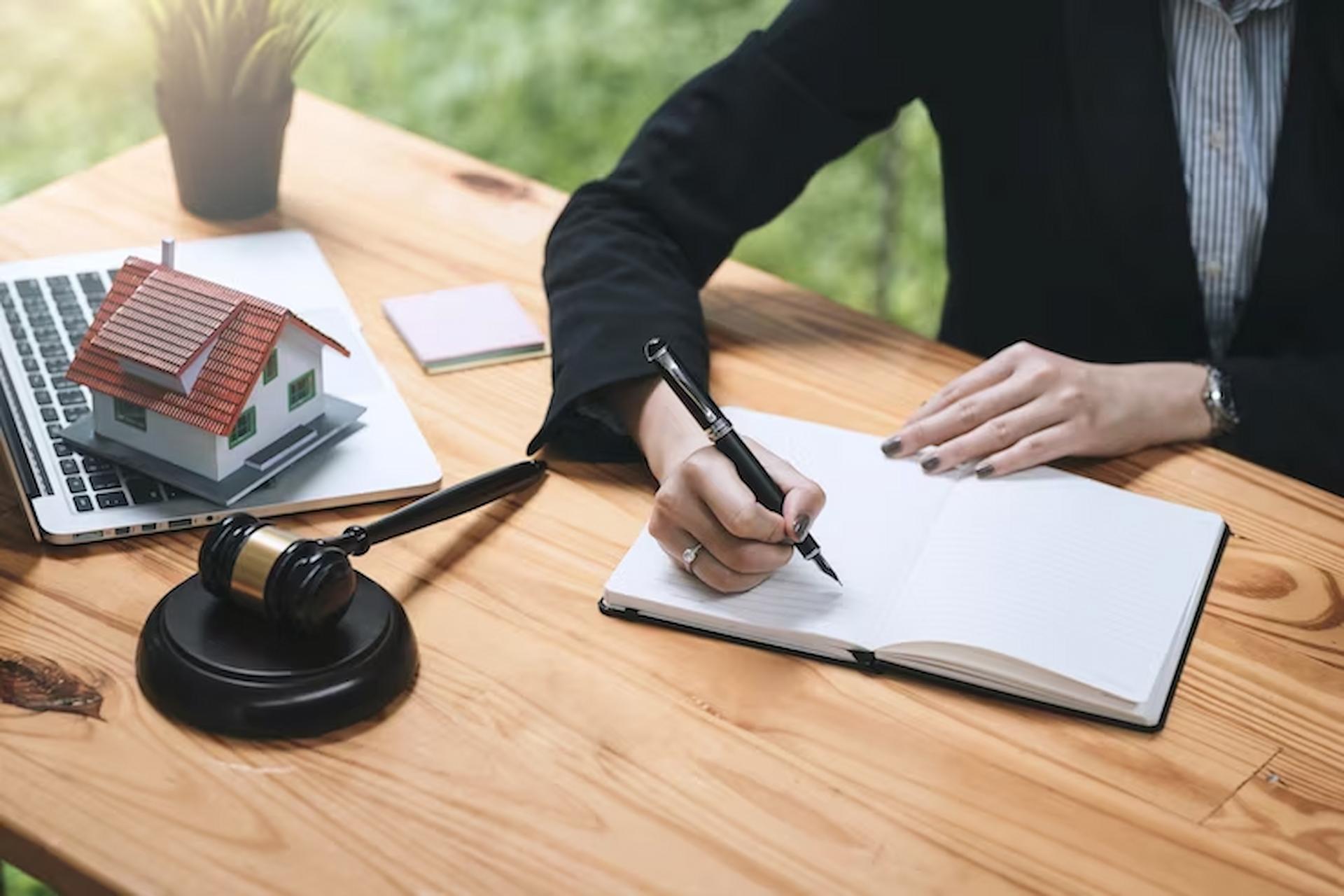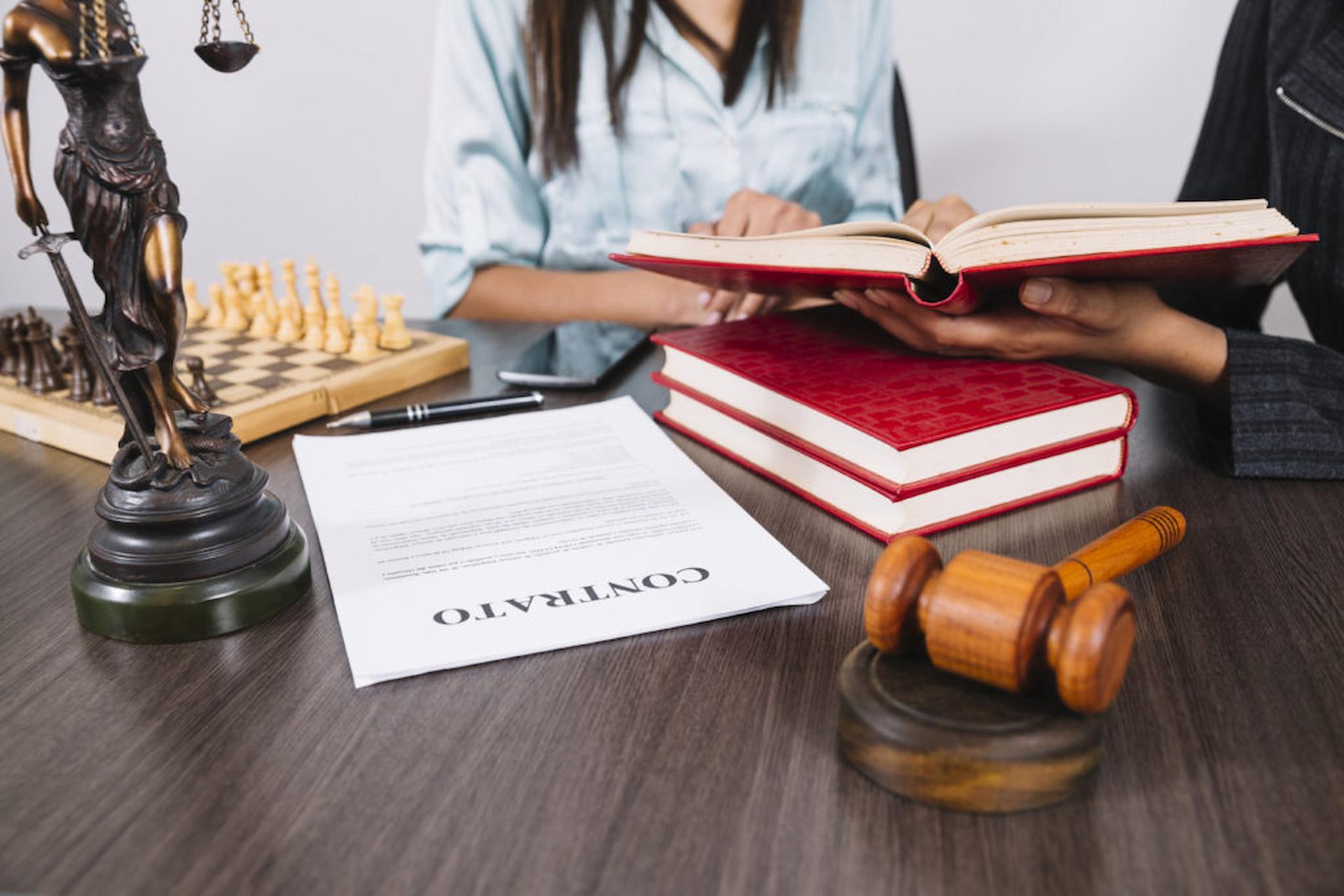Driving a car is one of the necessary parts of living in America. Unlike some countries, our towns, businesses, and homes are spread apart and public transportation isn’t always where and when you need it. As a result, car accidents are much more likely. In fact, Kendall Law in Charlottesville states that they are the leading cause of death and injury in the United States. It is important to know what to do after a car accident both directly afterwards and in the following days and weeks. Here is a guide to knowing what to do if you find yourself in a car accident.
Be Prepared–Before an Accident
It is extremely important to always be prepared for an emergency in your vehicle. First, always carry your driver’s license, proof of insurance, registration, and a list of phone numbers that you might need in an emergency. These might include your towing company, insurance, local police, and friends or family. You want these all together and in a handy location since it will be difficult to think after the shock of an accident. It is also helpful to keep reflective traffic triangles in your car to put on the road in the event that you cannot move your car, or as extra visual warnings for cars that are coming up fast behind you. Also equip your glove box with a pen and pad of paper for writing down information.
Directly After an Accident
The very first thing you should do after an accident is remain in your seat and give yourself a few minutes to breath. Assess your injuries first and foremost. It is important to take care of yourself and any passengers before doing anything else. If you or someone else is injured, call an ambulance right away and get help. If the accident was minor and no one is seriously injured, get everyone to safety. If you can still drive your car, get it to the shoulder where it is safer from oncoming traffic. NEVER stand between your car and the other car. If the car in the back is hit from behind by any oncoming cars, you could be trapped or crushed between the two cars. Once you are to safety, set up traffic triangles to warn other drivers, and use your hazard lights.
Always call the police, even if the accident is a minor one. They will help to keep you safe by parking next to you and turning on their lights, and will help you navigate any details while your mind is still in shock from the accident.
Get as much information as you can from the other party in the accident. This includes names, phone numbers, insurance information—anything you can think of. Also write down any information you can remember as to the details of the accident. Think of the “W’s”—Who, What, When, Where, How. Remember to include what was damaged, and who witnessed the accident. Then contact your insurance immediately. Do not immediately admit or administer fault. Instead, only relay the facts of the accident, and only to the police and your insurance agent. Don’t relay ANY information to the other party’s insurance. You can navigate fault later once you have an attorney.
If needed, call a tow truck to take your car from the scene, and call a friend or family member to come pick you up. For your safety, it is usually best not to drive directly after an accident because your mind will likely be distracted.
Days and Weeks After an Accident
Keep an accident notebook. This is a place to write down anything that comes up in the days or weeks following an accident. Jot down any aches and pains, doctor appointments, conversations with your insurance, and anything else you think is useful.
Get an attorney. This is important because you need someone to advocate for you when it comes to figuring out who is responsible for the accident.
Keep records of any medical visits that you have had. These will be useful to give to your attorney in the event that you need compensation for any injury or damages.
Get a rental car. Most insurance policies cover the cost of a rental car while the damage to your car is being evaluated and fixed. This will save a lot of hassle and stress.
Of course, one always hopes to avoid accidents at all times, but in the event of an accident, it is helpful to be prepared. Keep these tips in mind as you drive, and stay safe on the roads!




